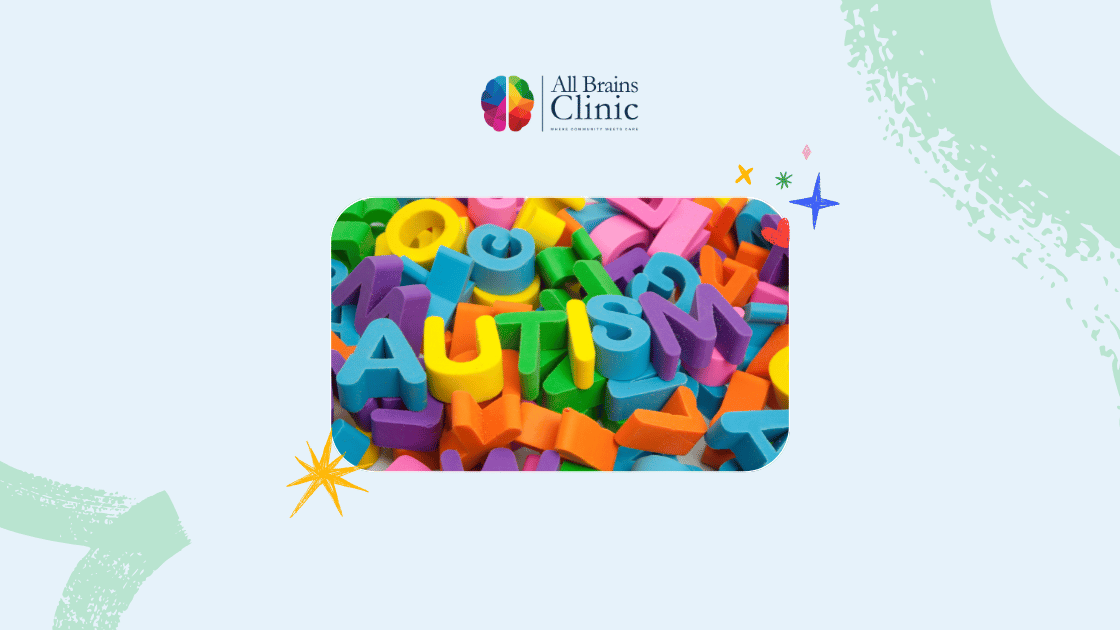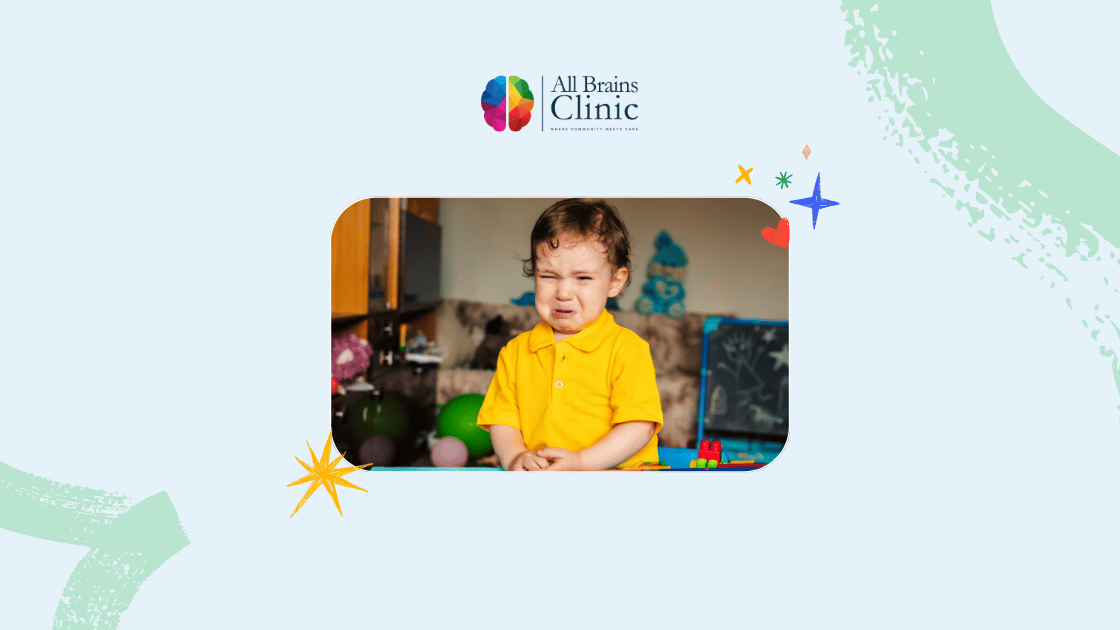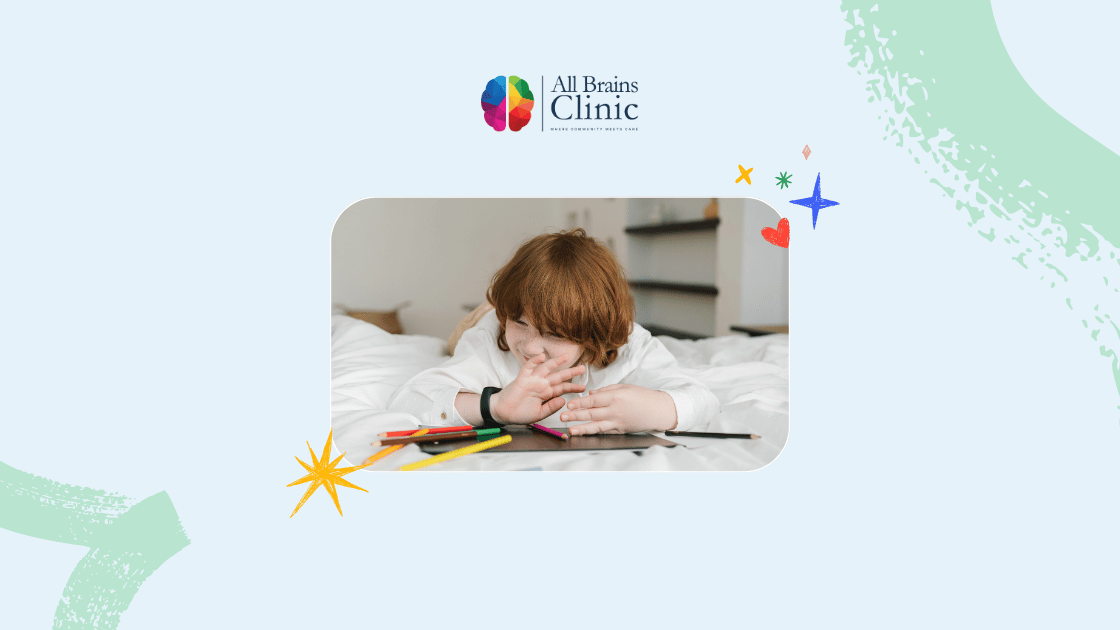Blog
Blog
Featured Articles
Signs Your Child Needs a Psychoeducational Assessment
Recognise early signs that your child might benefit from a psychoeducational assessment ; expert guidance from All Brains Clinic’s caring team.
What Does A Psychoeducational Assessment Diagnose?
What does a psychoeducational assessment diagnose? Learn how it identifies learning issues, cognitive strengths, and developmental needs.
Blog

.svg)


.svg)
.png)



.png)


.svg)








.svg)















